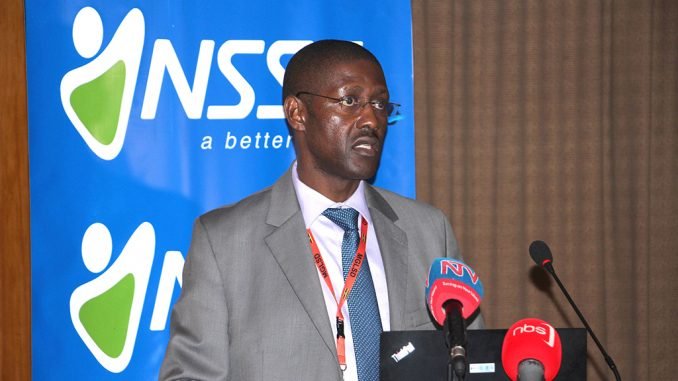
Kampala, Uganda | URN | The Government of Uganda has said it does not have any responsibility over nationals who went to various countries across the world through informal ways. Hundreds of Ugandans are stranded in the Middle East in particular, after losing jobs as a result of COVID-19 lockdown.
Speaking during a virtual meeting on Thursday 25th, Martin Wandera the Director Labor, Employment and Industrial Relations in the Ministry of Gender, Labor and Social Development said that already 680 Ugandans have been reported to be in distress in this period.
But he says, the majority of those complaining went informally disregarding all proper channels through which they should have traveled in the search for employment overseas. The channels also include travelling through the 190 licensed labour externalization agencies.
Wandera added that while the government does not authorize workers to go to Iraq for any other employment apart from security, a number of Ugandans involved in domestic work and other jobs have contacted the Ministry that they need to be helped to return home.
Wandera says that they are still baffled on how to help them but notes that those who went through proper means will come back once the lockdown on air transport is lifted. He says that the Ministry has resolved that the employers and agencies that took this category of people will have to incur the costs of their transport.
However, the exact number of Ugandans who lost their jobs with massive salary cuts and layoffs in the UAE remains unknown even to the labour externalization agencies that coordinate their employment and stay in the The Middle East. The Uganda Association of External Recruitment Agencies says this statistic will be availed by the government when a status report is published.
Enid Nambuya, the Executive Director of the association says that some of the Ugandans whose contracts expired during the lockdown are still at the houses where they were previously employed, whereas those that are distressed and can’t live with their employers anymore are either at the embassies, deportation centres and police stations.
Read Also: Gov’t to negotiate Visa extensions for Ugandans stuck abroad
Commenting on the horrific stories of torture at the hands of Arab masters told of working in several Arab countries, Nambuya said the post-COVID-19 government should be thinking of ways of ensuring that employers in the host countries respect contracts.
She suggests the Uganda Human Rights Commission could establish a desk in countries where Uganda has embassies to look at issues of workers’ rights such as day-offs, medical care and to provide swift assistance in case of distress.



